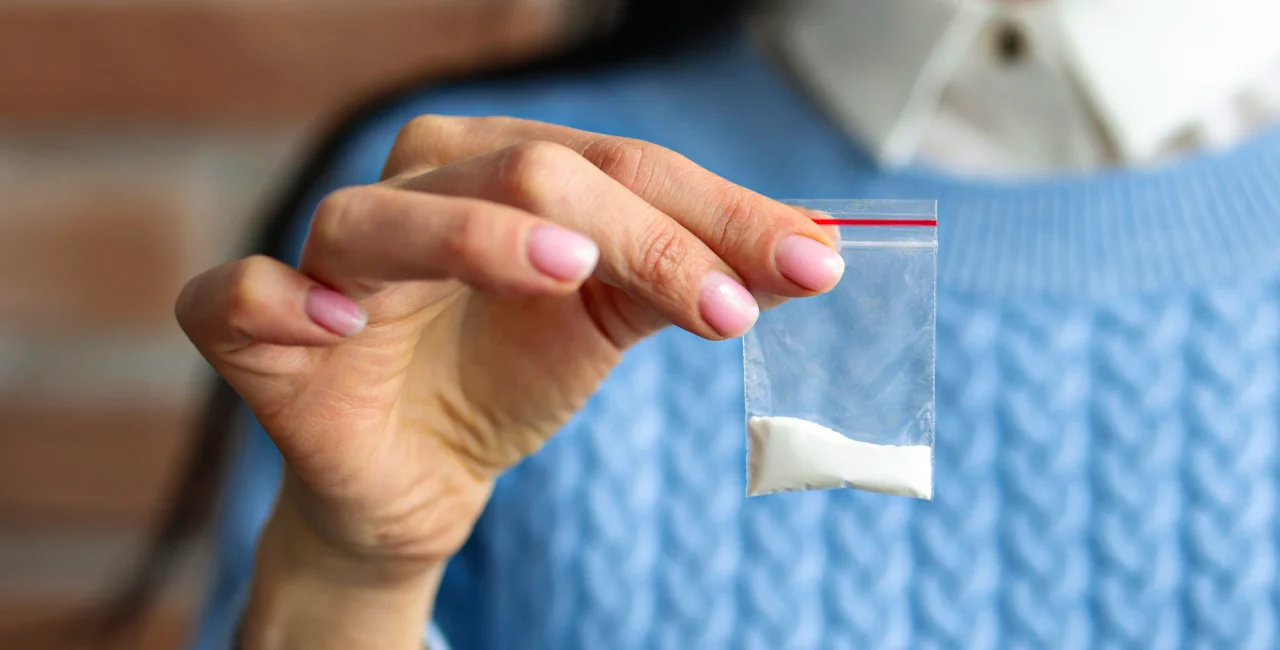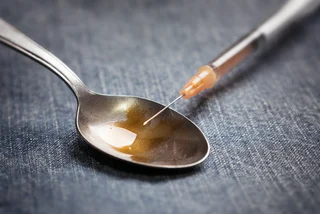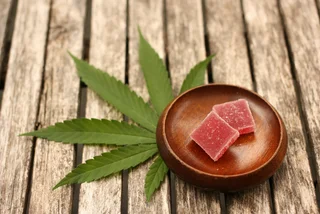The Czech Republic's national anti-drug coordinator, Jindřich Vobořil, has suggested that cocaine could be the next drug, following marijuana, to potentially embrace a regulated market. Vobořil shared his viewpoint in an interview with the news server iDnes.cz, though some government members and addiction experts remain skeptical.
Vobořil asserted that a regulated market approach could function effectively for cocaine, emphasizing the importance of tailoring regulations to individual substance risks. He argued that cocaine ranks lower in terms of inherent risk compared to other substances. He acknowledged the provocative nature of his proposal, anticipating widespread disapproval.
Vobořil underscored that drug-related offenses account for 11 percent of the Czech Republic's incarcerated population, primarily comprising small-scale producers with no drug kingpins behind bars, as stated in an interview published in today's issue of the daily Mlada fronta Dnes (MfD).
Government officials, however, expressed disagreement with the notion of regulated access to cocaine.
Deputy Prime Minister Marian Jurečka, who serves as the chairman of the Christian Democrats (KDU-CSL), unequivocally rejected the idea of cocaine liberalization, declaring it unacceptable.
"On behalf of myself and the KDU-CSL, I firmly believe it is time to seek a genuine anti-drug coordinator," stated Agriculture Minister Marek Výborný (KDU-CSL) on the X social platform (formerly Twitter).
Interior Minister and Mayors and Independents (STAN) leader Vít Rakušan also expressed his rejection of the proposal. "I certainly do not endorse such a concept, nor does our STAN ministerial program council," he told MfD.
A report from the National Monitoring Centre for Drugs and Addictions revealed that between 2012 and 2020, cocaine use resulted in several hospitalizations, while heroin led to dozens of hospital admissions, and methamphetamine (pervitin) caused hundreds.
In 2021, 64 individuals fatally overdosed on drugs, with cocaine accounting for two deaths. Over the past decade, seven fatalities were attributed to cocaine overdoses, whereas legal alcohol causes 300 lethal poisonings annually, with an additional 7,000 deaths linked to alcohol consumption each year.
Nevertheless, restrictions on cocaine and its users remain stringent. In 2021, 63 individuals in Czechia were convicted of illicit cocaine production and related offenses, while another 17 faced charges for possessing the drug in quantities exceeding personal use.
Jiří Presl director of the Drop In Centre for the Prevention and Treatment of Drug Addiction, acknowledged that cocaine has a less severe impact on individuals' lives compared to heroin and methamphetamine. However, he expressed reservations about the legalization of cocaine.
MfD also highlighted the historical fact that cocaine was legally available in former Czechoslovakia between 1918 and 1938, dispensed in pharmacies upon prescription.
Drug policies are currently undergoing reassessment in various countries worldwide. In British Columbia, Canada, individuals are legally permitted to possess 2.5 grams of cocaine, while Bern, Switzerland, has sanctioned the legal sale of cocaine. Portugal has decriminalized drugs, including cocaine, for several years.












 Reading time: 2 minutes
Reading time: 2 minutes 




























